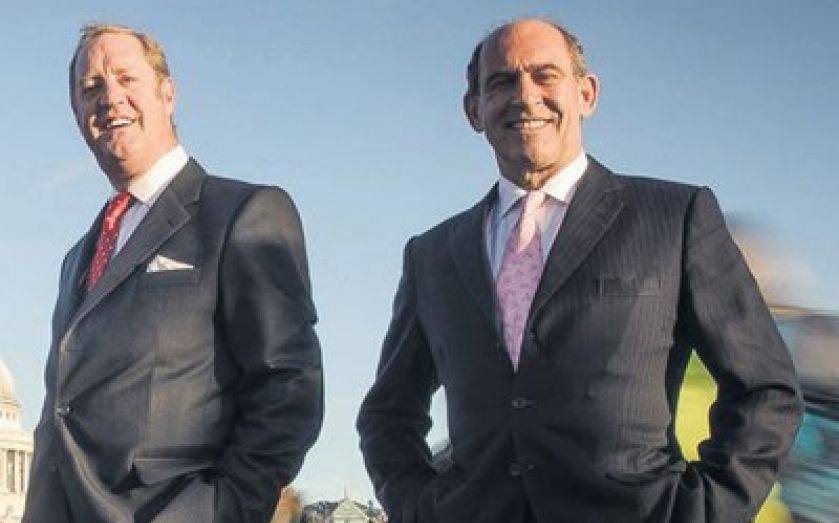Why ultra-modern P2P lenders are starting to look like old-style building societies

Peer to peer lenders are getting big. And as they grow, they are pushed into a new way of doing business – a way of doing business that looks increasingly like banks and building societies.
P2P lenders have boomed since the crisis, as banks cut back lending and savers looked for a better return on their money.
Savers could go online and look up a list of firms or individuals who wanted to borrow.
They would compare interest rates and the length of the loan, and strike a deal – peer to peer.
As they get bigger, the P2P sites started doing more work on credit checks, looking at the quality of borrowers in a bid to reduce risk for savers and improve pricing on the systems.
And when big borrowers wanted to get involved, the P2P sites started doing more work to bring groups of savers together.
That has now morphed into the full-time business of the sites, which can take savings pots and spread them across the full range of loans on their books.
Effectively, this is how mutuals and building societies started – groups of savers collectively lending to groups of borrowers.
Peer to peer lender Wellesley, which specialises in asset-back loans, has arranged an £8.3m loan, secured against a portfolio of 27 properties.
It says this is the UK’s biggest P2P loan to date, and it has spread the loan across all of its savers.
“There is a parallel here between P2P lenders and banks and mutuals – we are effectively the modern, internet equivalent of a building society,” founder Graham Wellesley told City A.M.
There are some differences – for instance, deposits with a building society are protected by a government guarantee, which P2P loans are not.
“The number one reason for the Financial Conduct Authority getting involved in this sector is to ensure the process of proper credit checks taking place,” Wellesley said.
The sector sees that new regulation as a mark of respect, a sign it is important and trusted enough to gain official approval – and it hopes that FCA approval will boost the industry further still.